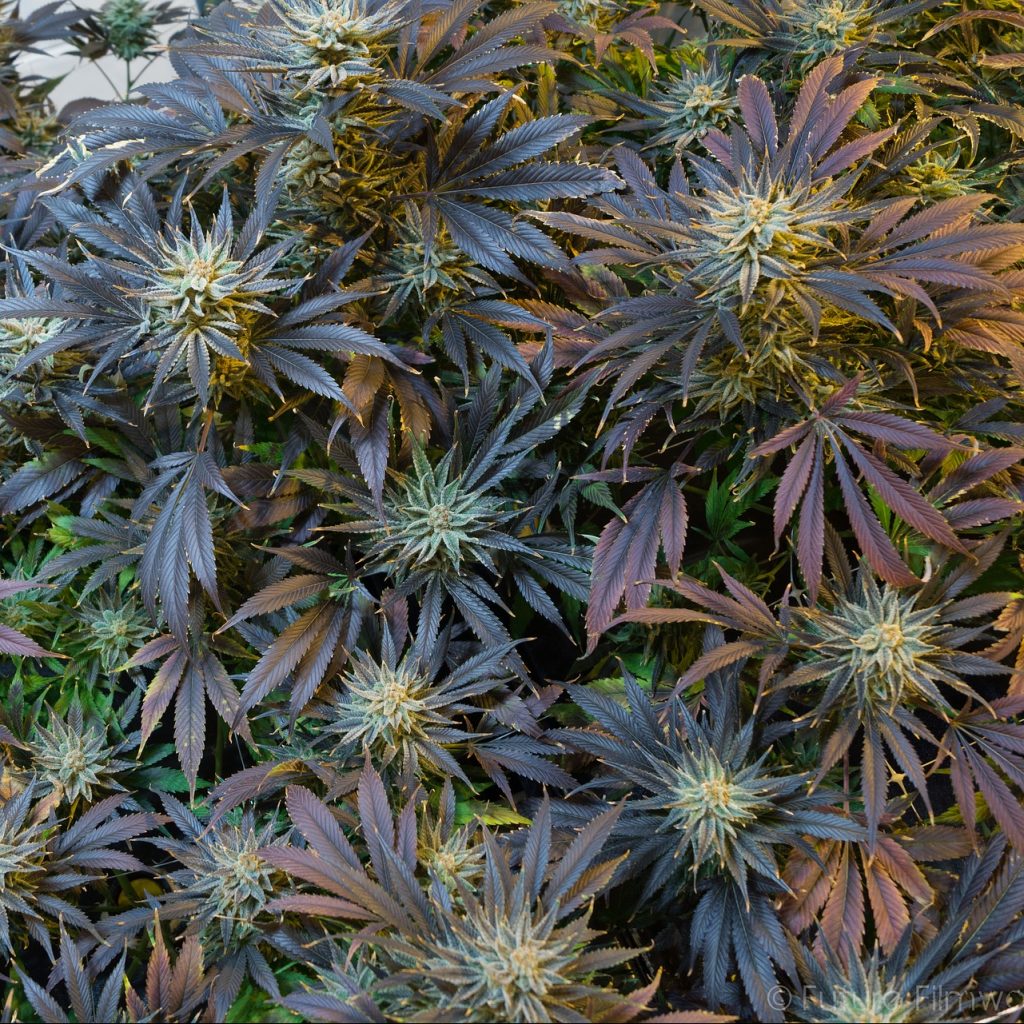cannabis sativa is a plant with a variety of strains, each with its unique properties. The main active ingredients in cannabis are cannabinoids, including tetrahydrocannabinol (THC) and cannabidiol (CBD). THC is responsible for the psychoactive effects of cannabis, while CBD is believed to have more therapeutic effects.
Research suggests that cannabis may have some potential nootropic effects, such as improving cognitive function, memory, and mood. THC has been found to increase cerebral blood flow, which may enhance cognitive performance. CBD has also been shown to have neuroprotective properties, potentially protecting the brain from damage.
However, the effects of cannabis can vary widely based on the strain and method of consumption. Smoking cannabis can have negative effects on lung health and may impair cognitive function. Edible cannabis products can have delayed and unpredictable effects, leading to potential overdose and negative outcomes.
Overall, more research is needed to fully understand the potential nootropic effects of cannabis sativa and to develop safe and effective ways of using it. Individuals considering using cannabis for nootropic purposes should proceed with caution and seek advice from a qualified healthcare professional.
